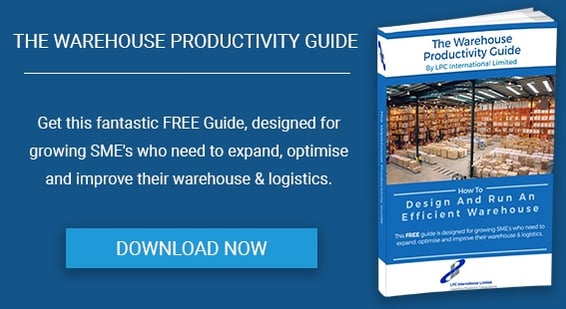
Reducing costs while improving reliability and customer satisfaction is how one can sum up the ideals of a Supply Chain Consultant. It’s what they do. How that is achieved is a mixture of strategy and tactical steps that come together in recommendations and a blueprint for moving forward. The potential to enhance the bottom line in a sustainable manner, while driving out greater efficiencies, is one of the main justifications why organisations engage experienced consultants. These are usually the more forward looking enterprises who understand that getting ahead of the competition and staying there often requires innovative thinking combined with a truly deep understanding of the supply chain and procurement processes.
Some of the high level areas that a consultant would investigate are:
Supply Chain Strategy
Supply chain strategy organises the dependencies and links between procurement, manufacturing, distribution and the marketplace. It takes a holistic view and encompasses every element of that operation to drive down costs and drive up performance and service to higher levels. That includes:
- Assessing cost and service issues and options
- Network design
- Optimal modal choices
- Existing IT systems and HR strategies must be recognised
- Drafting capital and operating budgets
- Outsourcing options examined where applicable
All this feeds into detailed design work in readiness for implementation.
Network Design
The consultant would typically utilise quite detailed modelling to enhance each of these aspects:
Trunking Networks – Trunking modelling emulates real life closely, revealing new nationwide distribution optimisation opportunities. It optimises transportation of goods between locations. It could, for example, highlight back-hauling from supplier to a manufacturing point as a component of a distribution operation.
Vehicle Scheduling - The consultant would apply detailed resourcing and accurate costing of shortlisted scenarios or supply chain options including experimenting with the vehicle fleet composition, for example, amongst other initiatives.
Optimising Fixed Routes - Outdated backbone can be remodelled, thus optimising dependencies and routes. Remodelling can also be applied to many operational functions, such as allocating jobs between different specialities.
Inventory Management
Inventory does not exist in isolation but is a function of other business processes that together determine factors such as stocking levels and location. Inventory management is a continuous review process that is central to the efficient running of warehousing. A consultant would advise on product monitoring, which can inform decision making regarding aspects like JIT ordering where applicable and possible, and cross-docking to reduce storage capacity requirements, cut costs and reduce capital invested in stock.
Outsourcing options
A consultant will quickly point out those parts of the operation that might benefit from being outsourced. While never a decision to be taken lightly, more and more functions are being offered as services by third party providers, from 3PL to a range of specialised value added services. Understanding the tender process and aspects such as TUPE when applicable, provides management with the data needed to make an informed decision.
Effective Supply Chain Consultancy
This brief article serves merely as an introduction to a few of the capabilities of a Supply Chain Consultant. Every enterprise will have a different operation that requires a different set of analysis and recommendation parameters. The first step is to contact us today for a free no obligation discussion or visit. That will provide you with a picture of the type of services and benefits our consultancy could offer your business to move it to a more competitive and efficient level.


